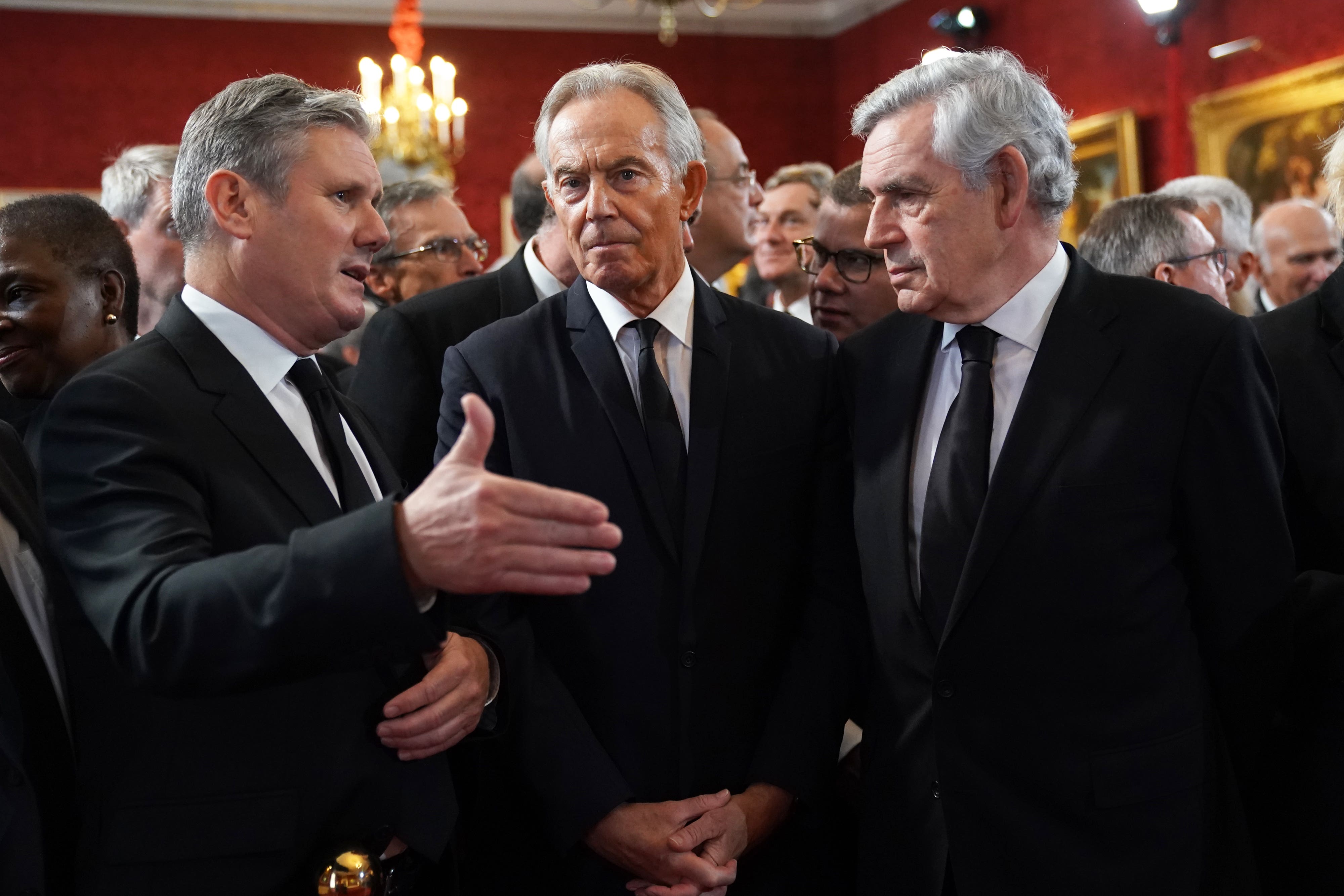Starmer’s vision for EU under Labour? Much closer ties but no ‘big bang’ reset
Labour bigwigs like David Lammy have promised big changes in Britain’s relationship with Brussels, but party hawks are stopping short of signalling a potentially explosive return to the Brexit wars, writes Andrew Grice


Seven years after the Brexit referendum, the contours of a very different UK-EU relationship are taking shape as minds in EU capitals turn to what a Keir Starmer government would mean.
Starmer is promising to reset relations but is rightly very cautious about the detail – sometimes to the frustration of pro-EU members of his shadow cabinet. He knows the Conservatives will claim at next year’s election that Labour would take Britain back into the EU. That is untrue – Starmer has ruled out rejoining the single market and customs union – but it won’t stop the Tories saying it.
Starmer’s red lines would not change if he became prime minister. “We are not going back on our manifesto pledges,” one ally said. “But the atmosphere would be transformed on day one and there is a lot we could do to make the relationship work better."
The party has already mapped out areas of cooperation – which include a veterinary agreement; mutual recognition of qualifications and product standards; visa-free travel for short business visits; a defence and security pact and foreign policy dialogue. But after talking to EU diplomats this week, I believe that over time Labour could go much further.
David Lammy, the shadow foreign secretary, told LBC on Thursday that Labour wants a “special partnership” with the EU and, intriguingly, said the party’s current stance is “a floor, not a ceiling”.
How high, then, could Labour go? There are internal divisions about that. The party’s Europhiles dare to dream that, if public and business hostility to Brexit continues to grow, Labour might be able to consider pledging to rejoin the single market or customs union at the election after next. However, pragmatists regard that as too optimistic and are more cautious. For now, they are in the ascendancy.
Labour’s vehicle would be the review of Boris Johnson's trade deal the party expects to start in 2025 but which the European Commission has pencilled in for 2026. Labour Europhiles describe it as a “renegotiation” while Team Starmer’s pragmatists insist it is merely a “review”.
In public, Brussels plays down the idea of a “big bang” renegotiation. There is understandably little appetite for a return to the Brexit wars – and many UK voters would agree. The EU has more than enough on its plate with war in Ukraine; responding to Joe Biden’s huge green subsidies; the China threat and with a new European parliament and commission being installed next year.
However, the prospect of a change of government in London and informal discussions with senior Labour figures is changing minds on the continent.
The phase when the EU wanted to punish the UK for walking out is over. It was designed to deter other member states from leaving the club but, despite the rise of populist leaders in some countries, that hasn't happened.
Behind the scenes, EU diplomats are raising their sights on UK relations. Some suggest the EU could eventually grant the UK a special status rather than copy an existing model like Norway, which is in the single market but not the customs union. For example, the UK could align with the single market to enjoy some of its benefits, without having to meet all of its obligations – perhaps free movement of people, which Starmer has ruled out. The UK might be consulted on the direction of future EU regulations.
Such a change wouldn't happen overnight. Negotiations would be hard and take years. The EU would not suddenly roll over and allow Starmer to cherry-pick the single market without getting something in return, as Michel Barnier, the EU’s former Brexit negotiator, made clear in The Independent.
However, there appears more flexibility in EU member states than in the commission. Olaf Scholz, the German chancellor, whose Social Democratic Party is allied to Labour, could play a pivotal role. Might he and Starmer forge a new third way for the UK in Europe just as their predecessors Tony Blair and Gerhard Schroder agreed on the original one?
Starmer is promising to “make Brexit work” and there’s a growing recognition in EU capitals that Brexit isn’t working for the EU either. So Brussels would have something to gain; reducing trade barriers would be a two-way street.
Although the EU has welcomed Rishi Sunak striking a more positive tone than Johnson and Liz Truss, his noisy Eurosceptic backbenchers impose a limit on how far he can go. When Jeremy Hunt floated a Swiss-style agreement, the government beat a hasty retreat under Tory fire.
Starmer would have no such constraints. Indeed, his pro-EU party would be egging him on. After five years of Labour government, the UK-EU relationship would look very different. But don't expect starry-eyed pro-Europeanism. A Starmer government would work closely with business to ensure its changes boosted the economy and – at last – alleviated the damage caused by the country’s act of self-harm in 2016.






Join our commenting forum
Join thought-provoking conversations, follow other Independent readers and see their replies
Comments